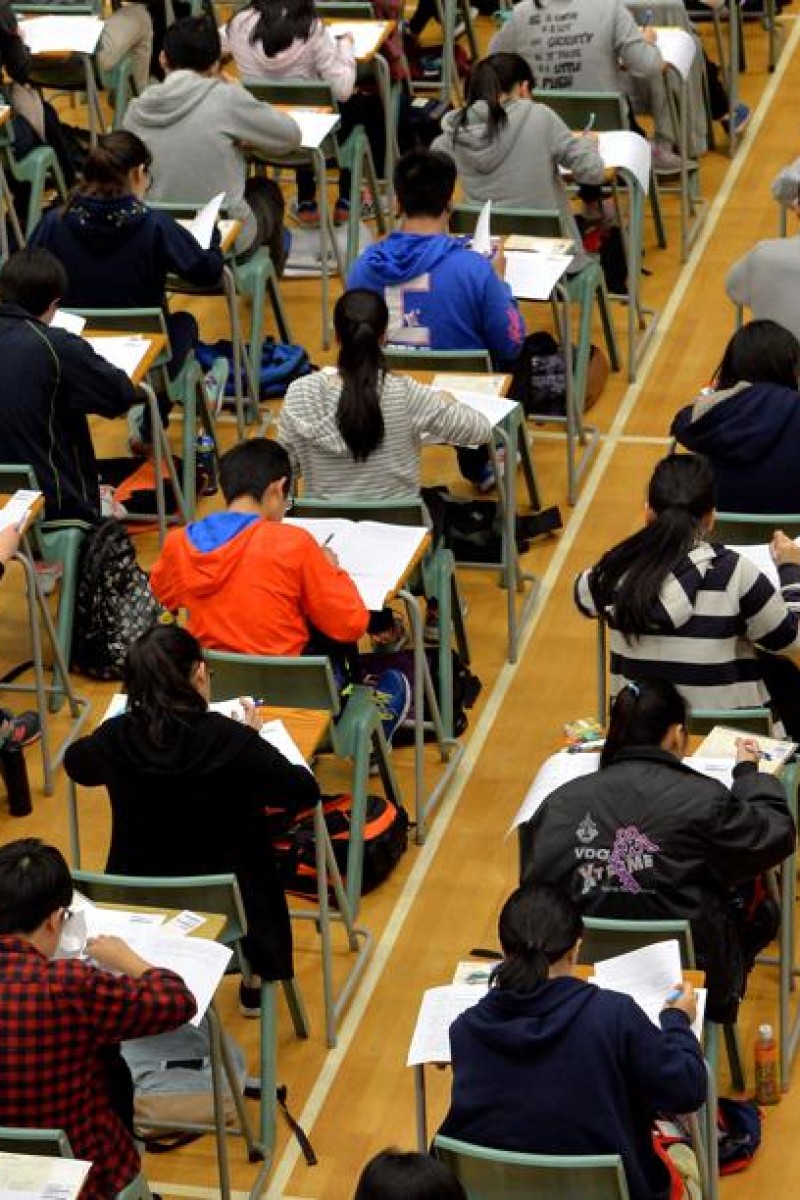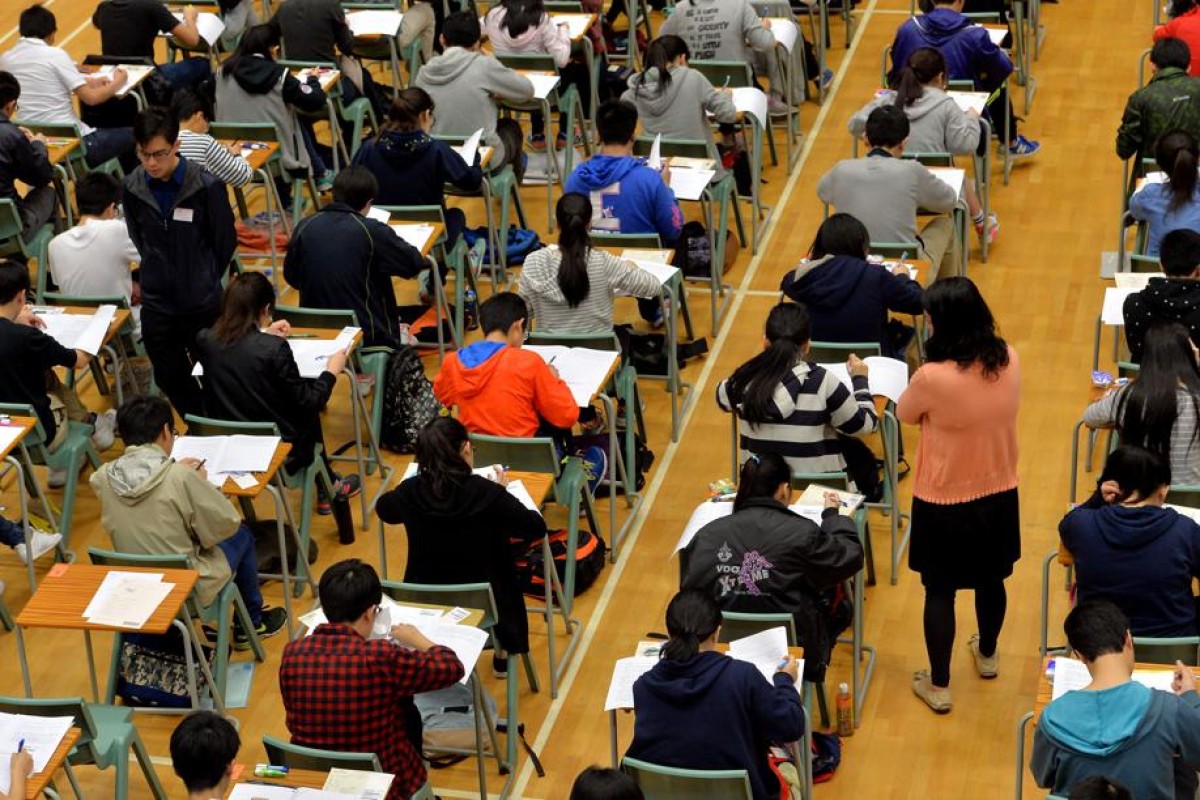
The DSE Chinese Language exam is outdated and needs to be drastically improved
Students should not dread the Chinese Language paper, nor should they have to follow rules that simply don’t make sense during the oral exam

 Perhaps it’s time we focus more on the reading and writing part of the exam.
Perhaps it’s time we focus more on the reading and writing part of the exam.DSE candidates faced the daunting Chinese language paper earlier this month. There was a post recently on School Secrets, a local student Facebook page, that highlights some of the problems of the exam.
The post shared a student’s experience with one of the oral exam questions, which was about what place best represents Hong Kong. Following this post, other people added their own answers to the thread. One student said Wong Tai Sin best represents Hong Kong because their neighbour’s surname is Wong.
Here’s what I think is wrong with the Chinese Language paper. First, the paper is no real test of a student’s communication skills. The Hong Kong Examinations and Assessment Authority (HKEAA) may claim group discussions allow candidates to showcase their ability to speak alone and with others, but as the above example shows, DSE candidates are happy to make up gibberish to scrape by. The topics set by the HKEAA simply aren’t ones we’d ever really discuss in our day-to-day lives. The discussions aren’t a true reflection of how we’d interact with one another.
Second, the ridiculous topics in the exam lead to an equally ridiculous desire for students to find consensus, even when there is none to be found. One student, in answering his question, said that he suddenly remembered his own last name was Wong, which meant he could draw parallels between his name and his answer. In many oral exams, students are required to at least reach a partial consensus with their fellow candidates.
Even in questions where consensus isn’t required students might get penalised for not indicating some level of agreement, because an inability to agree somehow shows that students are unable to take into account opinions from other candidates.
Therefore, the argument goes, they are unable to interact with and respect others. In real life, there will be situations in which you find yourself unable to agree with the person you are talking to. Just because you’re unable to concede in a discussion does not mean you are unable to interact with others.
Finally, why do we need an oral paper in the first place? I can see its use in the International English Language Testing System (IELTS), designed to test candidates on their pronunciation and fluency. I can see its use in a public presentation, because that tests students on more than just their ability to speak. However, the ability to communicate is not something you build up in class, it’s something you live. The DSE shouldn’t be used to assess how well one communicates, as the oral paper has little to do with pronunciation and fluency anyway.
The former General Secretary of the HKEAA, Tong Chong-sze, supports reducing the Chinese paper to just reading and writing. He believes the number of papers currently in the DSE puts a huge strain on teachers, who have to cover more than they can in their classes to keep students up to speed. Getting rid of the oral paper would mean they have more time to focus on buffing up the reading and writing skills of students. Perhaps it’s time to reassess our Chinese Language paper.
Edited by Ginny Wong
